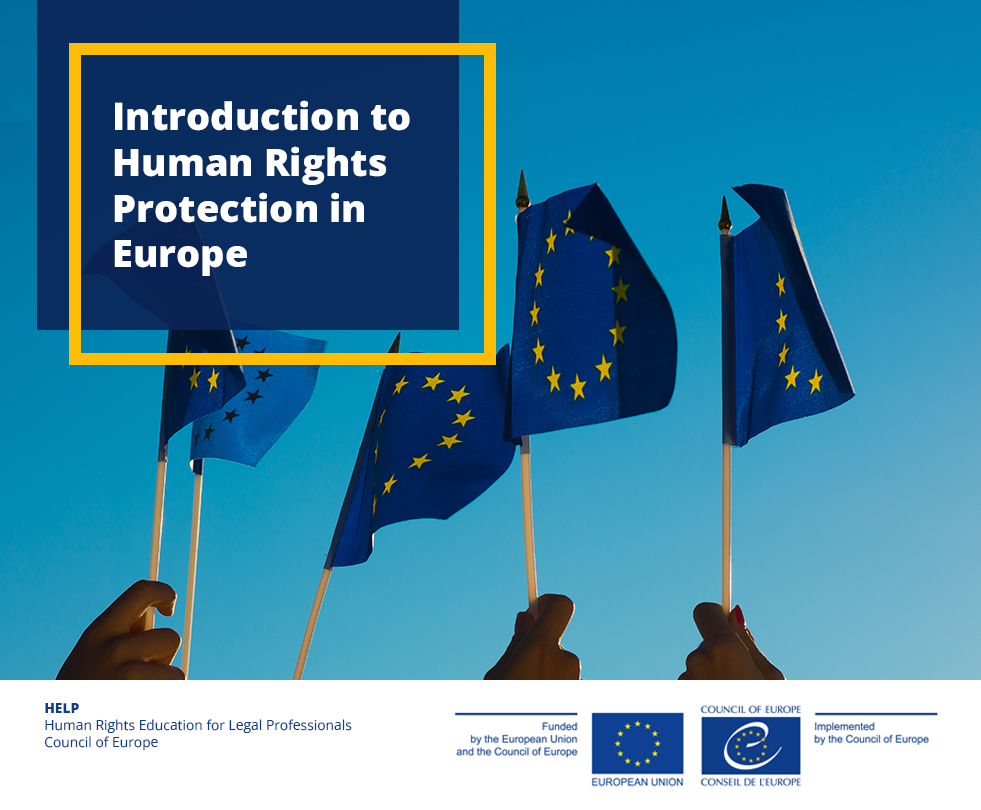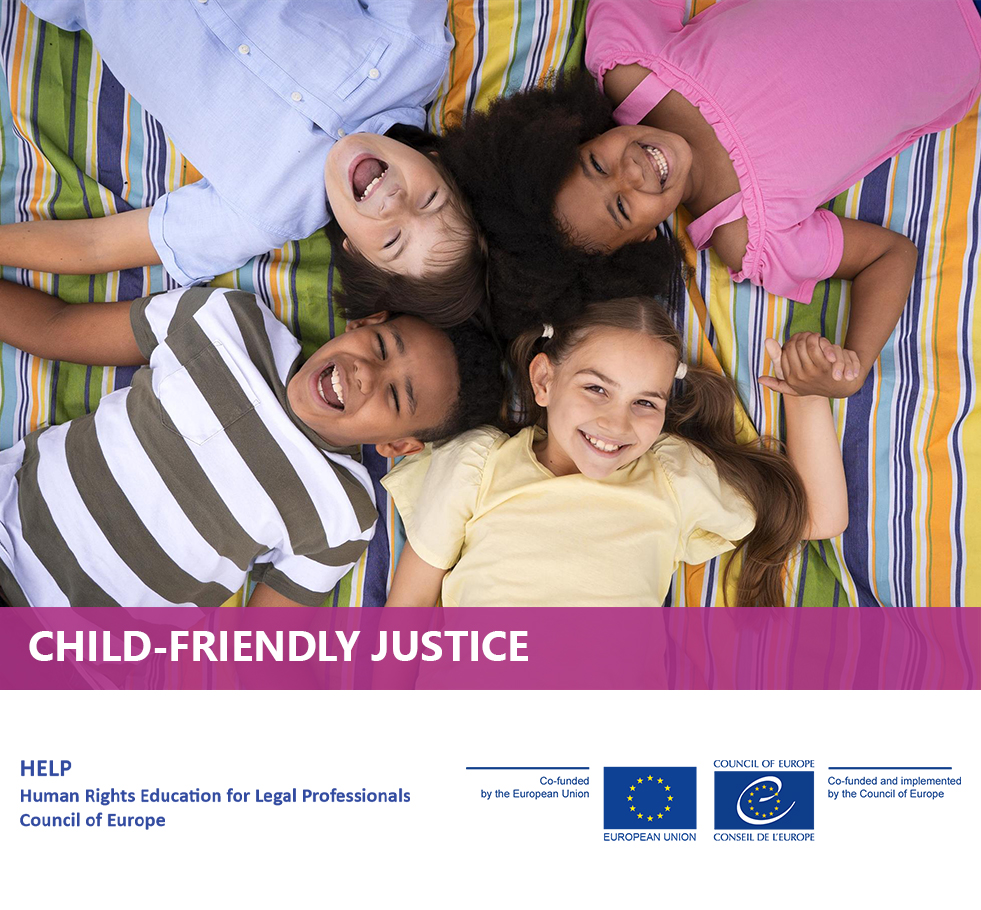Bulgarian and Greek judges, prosecutors and civil staff involved in migration issues meet in Thessaloniki in a cross-border launch of the HELP course under the joint EU-Council of Europe “HELP in the EU” project.
A group of almost 50 judges, prosecutors and civil staff from Bulgaria and Greece gathered in Thessaloniki on 7 December 2018 for a cross border launch of the UNHCR/HELP course on Asylum and the European Convention on Human Rights. The seminar was organised under the EU-Council of Europe "HELP in the EU" project and was hosted by the Greek School of Judges. It included sessions highlighting the relevant case-law of the European Court of Human Rights, the Council of Europe framework related to asylum and migration, as well as the current situation of asylum seekers in Bulgaria and Greece in light of the developments in European standards on the matter. The participants had the opportunity to exchange with a lawyer from the European Court of Human Rights, as well as with protection officers from the Bulgarian and Greek UNHCR offices. They got familiarised with the Human Rights Education for Legal (HELP) programme and the Council of Europe HELP e-learning platform containing more than 30 online courses on human rights; they also met the national tutors who will accompany them in the implementation of the course for the following 2 to 3 months.
The event started with opening speeches from Petros Alikakos, HELP Focal Point for Greece and Kornelia Kirilova, HELP Focal Point for Bulgaria. Ana-Maria Telbis, coordinator of the EU funded project ‘EU-CoE HELP in the EU’ presented the HELP Programme and the project and gave a brief overview of the HELP course on Asylum and the European Convention on Human Rights, as well as of the new HELP course on Protection of Refugee and Migrant Children.
The morning session continued with a presentation on the legal protection of asylum seekers and refugees in Greece in light of EU law and the European Convention on Human Rights by Kalliopi Stefanaki, Protection Officer, UNHCR Representation in Greece, who also highlighted the main aspects of concern in the national practice, especially the detention of migrant children. Petya Karayaneva, Protection Officer, UNHCR Representation in Bulgaria, gave an overview of the asylum in the context of Bulgaria and the work carried out by the UNHCR, especially in light of the challenges posed by the border control policies concerning migratory routes in the region and also the procedures concerning migrant children.
Aikaterini Lazana, lawyer at the European Court of Human Rights, provided the participants with a comprehensive overview of the Court’s key case-law on asylum which impacted the national systems, bringing positive change. She highlighted the importance of the principle of subsidiarity which puts the onus on national actors and especially judges, in applying the European Convention on Human Rights and in remedying at national level possible breaches of rights and freedoms enshrined in the Convention.
The two national tutors (Rossitsa Tinkova Draganova, Judge at the Supreme Administrative Court, Bulgaria and Ioanna Lampiri, Administrative Judge, President of the First Instance Administrative Court of Thessaloniki) who will accompany the two groups of participants in the implementation of the course, gave a brief overview of the challenges and perspectives in the implementation of the asylum framework at national level and also pinpointed the main issues for participants to reflect upon and follow up in their exchanges during the course.
The groups were introduced to the HELP course pages and exchanged directly with their national tutors on the modalities in which the courses will be carried out. The UNHCR/HELP course on Asylum and the European Convention on Human Rights is translated in Bulgarian and Greek and is accompanied by a national adaptation developed by the national tutors, which includes an overview of the national legal framework and practice. The participants have the possibility to exchange with the tutors and also among themselves via the online forum available on the course pages. The participants who successfully complete the course will receive HELP certificates issued in cooperation with their respective training institutions.
The event brought together experienced professionals from various fields of work, namely judges working on asylum cases, prosecutors and also agents from the Bulgarian Border Police, the State Agency for Refugees and the Center for Temporary Accommodation of Refugees, showing the wide interest in the topic.
The HELP course on Asylum in the European Convention on Human Rights is also available to any legal professional interested on the topic, in the self-learning part of the HELP e-learning platform, in 12 languages (English, French, Albanian, Bulgarian, Flemish, Greek, Georgian, Italian, Russian, Serbian, Spanish, Turkish).






